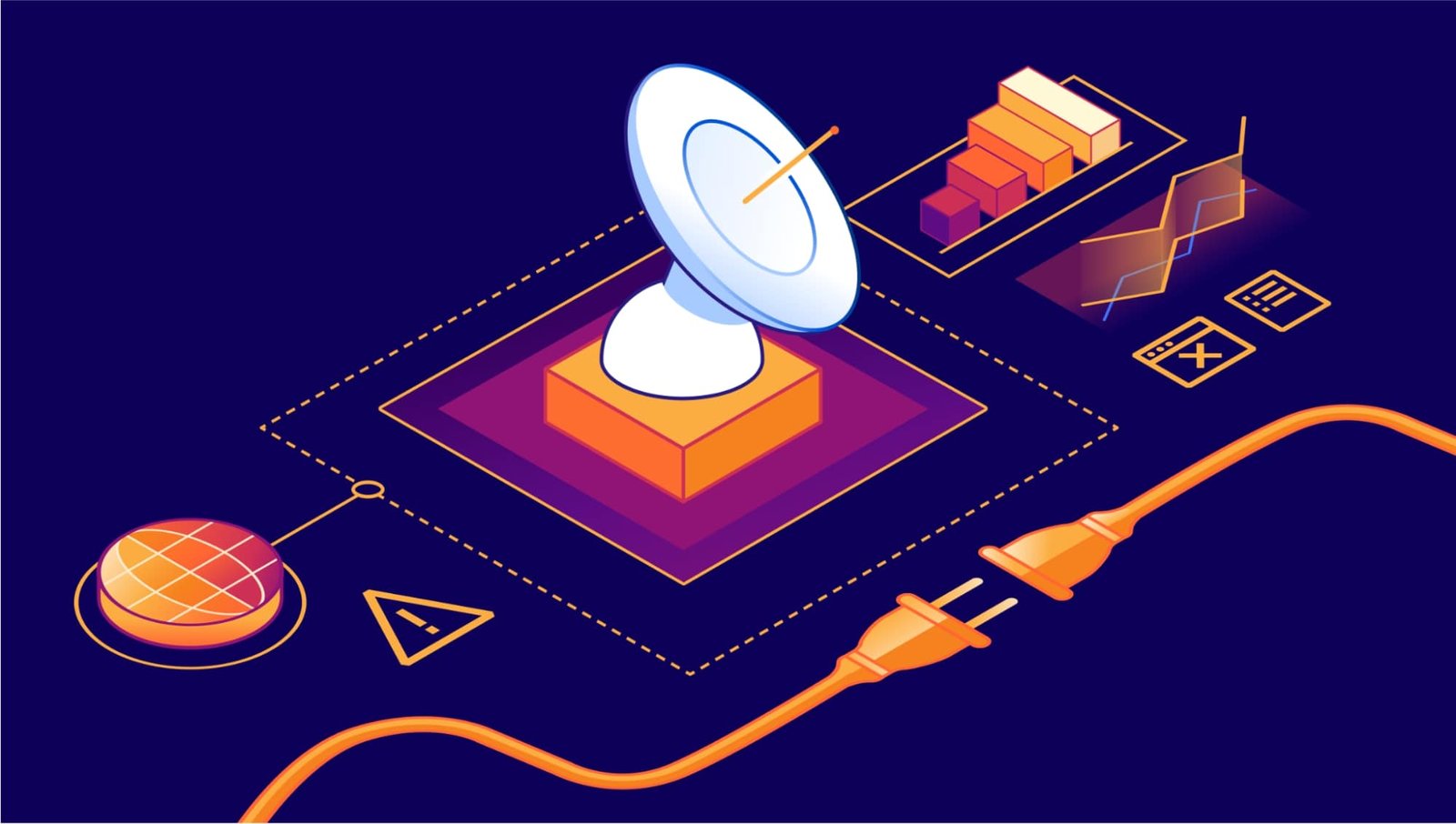The year 2025 has emerged as one of the most challenging periods for the global digital ecosystem. A series of disruptive outages at three of the world’s leading cloud service providers—Amazon Web Services (AWS), Cloudflare and Microsoft Azure—exposed the fragility of an internet heavily dependent on a handful of large-scale platforms. The cascading failures affected operations across communication networks, e-commerce, AI tools, gaming, banking, travel and several mission-critical services.
The most recent incident involved Cloudflare, where an unexpected system failure on Tuesday temporarily disoriented global web traffic. Several major websites and applications—including X, ChatGPT, Perplexity, Claude and Gemini—went offline simultaneously, leaving millions of users unable to access essential tools and services.
Cloudflare Outage: A Software Bug Brings Global Web Services to a Standstill
Cloudflare’s Chief Technology Officer, Dane Knecht, issued a public apology hours after the disruption, clarifying that the incident was not the result of a cyberattack. According to the company, engineers discovered a critical software bug inside a core system responsible for bot detection and automated traffic verification.
Because this module was integrated with several other interconnected network systems, the malfunction spread rapidly. Within minutes, websites across multiple regions began displaying error codes, and users reported difficulties in logging in, retrieving data and accessing basic functions. Cloudflare stated that a full internal investigation is underway, and a detailed report will soon be released outlining how the bug surfaced and propagated within the system.
Algoritha: The Most Trusted Name in BFSI Investigations and DFIR Services
AWS Outage: Digital Operations Halted for Nearly 15 Hours
Before the Cloudflare incident, AWS had already shaken global digital infrastructure with one of its most severe outages in recent years. The disruption brought nearly half of the internet to a standstill, interrupting various services that rely heavily on Amazon’s cloud backbone. Services severely affected included:WhatsApp, Signal, Reddit, Snapchat, Roblox, Fortnite, Xbox and PlayStation networks
Amazon’s e-commerce and logistics operations
AWS later confirmed that the issue originated from a hidden flaw in its DNS management system, a foundational layer that directs web traffic to its appropriate destination. The malfunction disabled routing operations, causing widespread service failures across continents.
In response, AWS added new security and redundancy layers to its DNS architecture to prevent similar breakdowns. Industry analysts described the outage as “one of the most significant cloud disruptions of the decade.”
Microsoft Azure Outage: Airlines, Retail Chains and Enterprise Systems Hit Hard
Just days after the AWS incident, Microsoft Azure suffered a major outage that again disrupted essential digital services worldwide. As one of the largest global cloud platforms, Azure supports operations for thousands of corporations and government systems. When its core functions failed, the impact was immediate and far-reaching.
Affected services included: Microsoft 365, Xbox Live, Minecraft, Costco, Starbucks, Alaska Airlines, Hawaiian Airlines, Heathrow Airport
Microsoft later confirmed that the disruption was caused by a severe failure in the DNS subsystem—the same technology involved in the AWS outage. This reinforced a growing concern: although the internet appears robust on the surface, its underlying infrastructure remains vulnerable to deep-rooted systemic faults.
2025: A Year of Outages, and a Test of Trust for Cloud Providers
The successive failures throughout 2025 have raised serious questions about the concentration of global digital infrastructure in the hands of a few companies. Today’s critical systems—AI platforms, e-commerce, gaming networks, finance, travel and even healthcare—depend heavily on cloud-based architecture. When any one of these major platforms collapses, the ripple effects are immediately global.
Experts believe that mitigating such disruptions will require:
- More distributed and redundant cloud architectures
- Stronger multi-layer security in DNS systems
- Adoption of AI-driven predictive monitoring tools
- Reliable backup networking models for large enterprises
The outages at Cloudflare, AWS and Microsoft Azure have sent a strong message: in the digital era, massive scale alone cannot guarantee reliability. Stability, resilience and proactive security must now become top priorities for the cloud industry.


